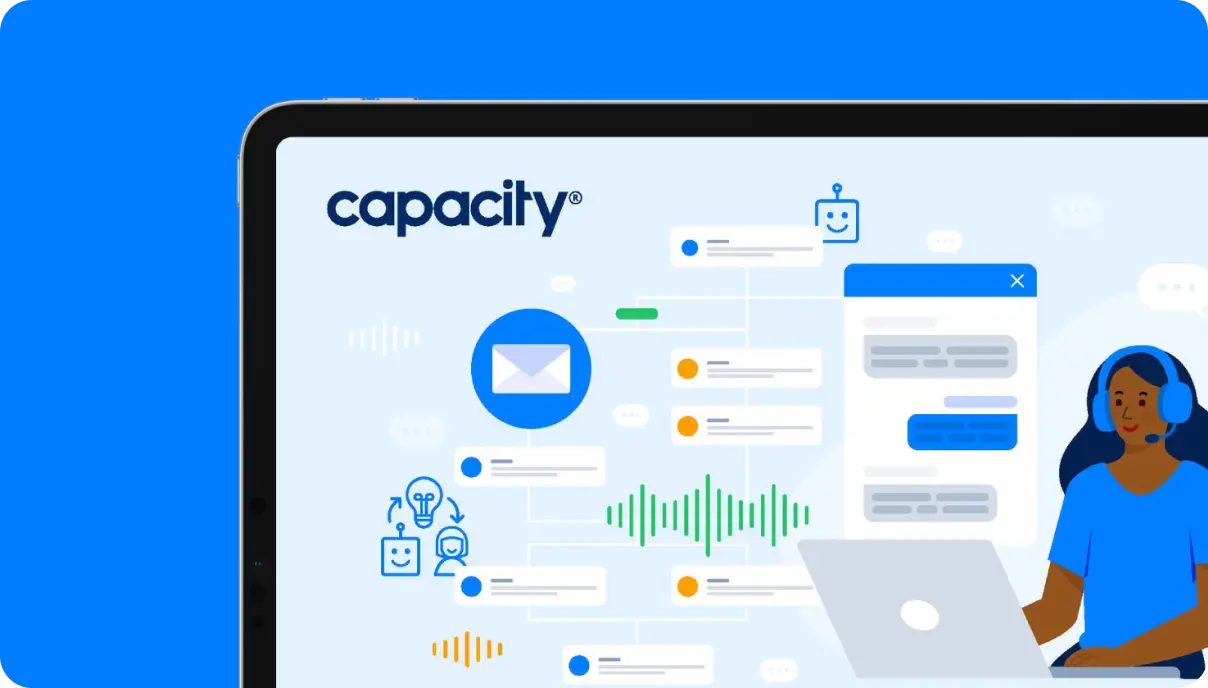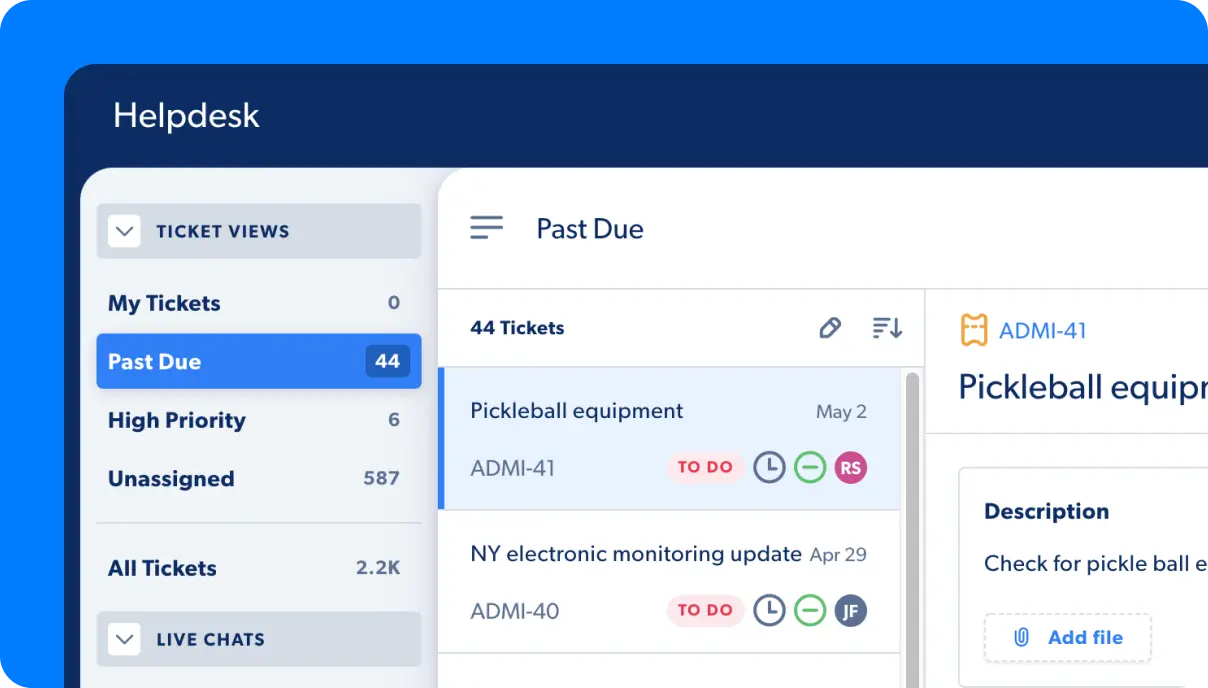Artificial intelligence (AI) can become a powerful tool for organizations to incorporate automation, enhance customer experiences, and drive innovation if adopted fully by companies. As AI increasingly integrates into business operations, IT leaders must prioritize data security and privacy. The rapid advancement of AI technologies, such as ChatGPT, brings immense potential but raises ethical concerns and the need for robust security measures.
Why you must prioritize data security and privacy when using AI like ChatGPT
The widespread adoption of AI has transformed the business landscape. But it has also led to increased data breaches and privacy violations. Organizations must recognize the importance of safeguarding sensitive data and protecting the privacy of their customers, employees, and stakeholders. Concerns with ChatGPT privacy are rising and failing to prioritize data security and privacy can result in severe consequences, including reputational damage, legal ramifications, and loss of customer trust.
The ethical concerns of using AI in your organization
Ethical considerations emerge as AI tools like ChatGPT become more prevalent in organizations. Concerns around data privacy, algorithmic biases, and the potential for misuse of AI technology require organizations to implement robust safeguards. IT leaders must ensure that the AI tools they adopt adhere to ethical principles, respect privacy rights, and minimize biases to foster trust and transparency within their organizations.
What are ChatGPT’s data security and privacy features
When evaluating AI tools like ChatGPT, IT leaders should pay close attention to the data security and privacy features they offer. Here are some essential elements to consider:

1. Data encryption
Data encryption is a fundamental security measure that protects sensitive information by converting it into an unreadable format. Look for AI tools that employ robust encryption techniques to secure data at rest and in transit. Encryption ensures that the data remains protected and unusable even if unauthorized access occurs.
2. Access controls and user authentication
Access controls and user authentication mechanisms are vital for preventing unauthorized access to AI tools and the data they process. Look for tools that provide granular access controls, multi-factor authentication, and role-based permissions to ensure that only authorized individuals can access and interact with the AI system.
3. Audit logs and monitoring
Comprehensive audit logs and monitoring capabilities allow organizations to track and monitor the activities within AI systems. These features enable IT leaders to identify and investigate suspicious or unauthorized activities, ensuring accountability and facilitating incident response in case of a security breach.
4. Compliance with privacy regulations
AI tools should comply with relevant privacy regulations, such as the General Data Protection Regulation (GDPR) or the California Consumer Privacy Act (CCPA). Ensure the tool follows data protection standards and provides mechanisms to handle data subject requests, consent management, and data breach notifications.
5. Data minimization
Data minimization involves collecting and retaining only the necessary data for the AI tool’s intended purpose. Look for AI tools that prioritize data minimization, reducing the potential risks associated with storing and processing excessive data. Minimizing data also aligns with privacy principles, promoting responsible data handling practices.
6. Transparent privacy policies
Transparent privacy policies are crucial for building trust with stakeholders. AI tools should have clear and concise privacy policies that outline how data is collected, used, and shared. Transparent policies also include information on data retention periods, third-party data-sharing practices, and individuals’ rights regarding their data.
7. Regular security updates and patch management
Like any other software, AI tools should receive regular security updates and patch management to address vulnerabilities and stay protected against emerging threats. You should ensure that the AI tool provider has a robust security framework and actively releases updates to address potential security risks promptly.
As you navigate the adoption of AI tools like ChatGPT, it is crucial to prioritize data security and privacy. Organizations can ensure ethical AI implementation and mitigate potential risks by considering the data security and privacy features mentioned above.
Remember, when evaluating AI tools, look beyond the features and functionalities they offer. Consider the broader implications of data security and privacy to safeguard your organization’s reputation, protect sensitive information, and uphold ethical standards.
By taking a proactive approach to data security and privacy, you can foster a culture of trust and transparency within your organizations. You can demonstrate your commitment to responsible AI use, building confidence among customers, employees, and stakeholders.
As AI continues to reshape industries and revolutionize business processes, it is the responsibility of IT leaders to champion the ethical use of AI and ensure the protection of data privacy. By implementing robust data security and privacy measures, organizations can harness the full potential of AI while upholding the trust and integrity essential for long-term success.
Remember, ensuring ethical AI is not a one-time effort but an ongoing commitment. Stay informed about the latest data security and privacy developments, keep up with regulatory requirements, and regularly assess and enhance your organization’s AI systems to align with evolving best practices.
Together, let’s unleash the power of AI while upholding the values of ethical and secure data practices. Partner with an AI tool you can trust.
Capacity prioritizes its stringent privacy and security features to keep you and your customers safe. Try Capacity for free today!

Automate Your Work
Capacity’s enterprise AI chatbot can help:
- Answer FAQs anytime, anywhere
- Find relevant documents within seconds
- Give surveys and collect feedback













































